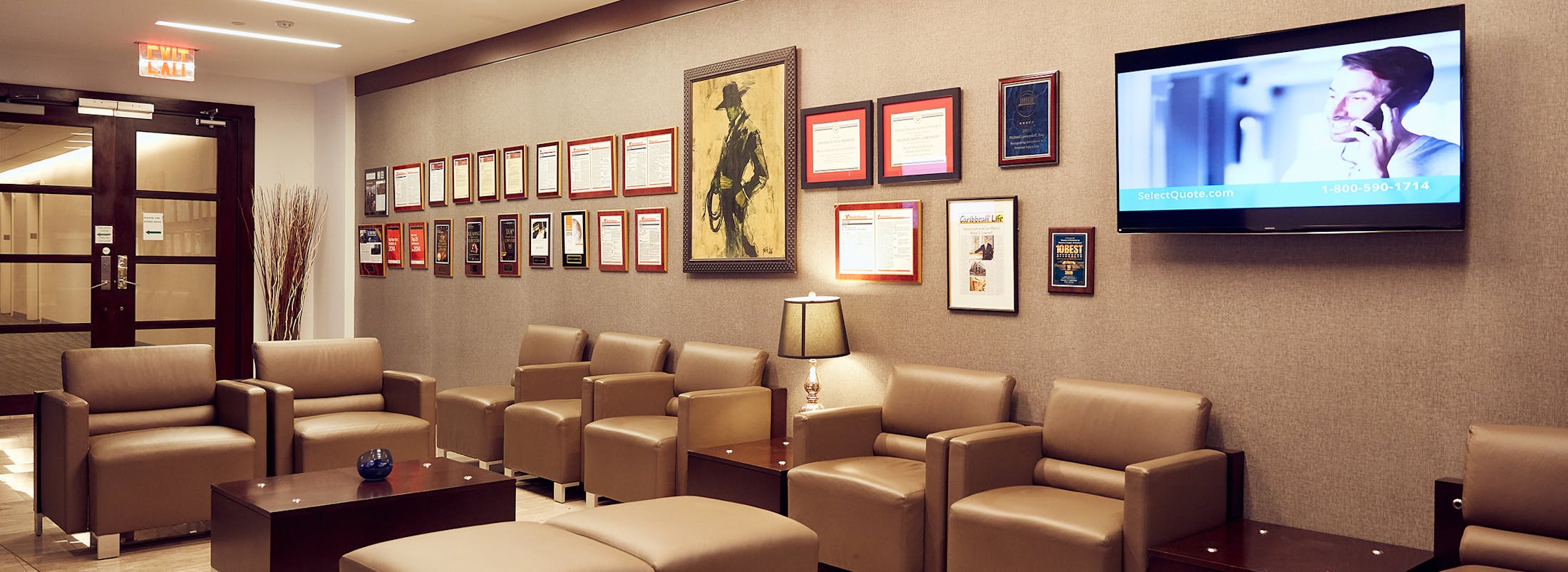Building collapse is a serious hazard for construction workers
An accident on the Lower East Side that occurred just last month (October, 2019) highlighted one of the greatest dangers facing construction workers employed on re-construction worksites: building collapse.
The tragedy happened at the site of a burned-out synagogue originally built in 1850. After it was destroyed by a fire two years ago, only the damaged outer walls were left.
Developers planned to build a dual-tower complex on that site that would include 500 apartments and a new synagogue. Unfortunately, their plan also included an attempt to salvage the old, severely damaged synagogue walls.
According to an article in the New York Daily News, workers attempting to shore up and use these walls were instead buried under the rubble after a wall they were working on came tumbling down. One died, and the other was seriously injured.
How do building collapse accidents happen?
When workers are reconstructing an older or damaged structure, flaws such as bad foundations, rotted wood, damaged masonry or poorly framed walls can be hidden from view until it is too late. Roof collapses may happen due to age, rot, and even improper use of machinery while performing the duties of a demolition job.
If proper care is not taken by those supervising the construction, the dangers posed by existing flaws can increase exponentially.
The injuries sustained from building collapses are almost always catastrophic. Time is of the essence to safeguard evidence and identify witnesses.
It’s very important after a building collapse accident that you get knowledgeable legal advice about all of your options. The attorneys at The Law Offices of Michael S. Lamonsoff, PLLC, are experienced in New York labor laws and personal injury laws. They will listen intently to your story and help you to determine the course of action that will get you the best possible recovery.
Contact our office at 212- 962-1020
for a FREE CONSULTATION any time.
Prior results do not guarantee a similar outcome. The information on this website is for general information purposes only. Nothing on this site should be taken as legal advice for any individual case or situation. This information is not intended to create, and receipt or viewing does not constitute, an attorney-client relationship.

